President of the European Commission Ursula von der Leyen with the Charlemagne Prize

The President of the European Commission Ursula von der Leyen received the Charlemagne Prize for 2025 on Thursday. Her role in keeping Europe united and ready to act was appreciated. German Chancellor Friedrich Merz stated that von der Leyen is the one to call regarding matters of the Old Continent.
The justification for the award stated that von der Leyen represents the interests of Europe, whether it concerns the pandemic, Russia’s war against Ukraine, or the strength of the European economy.
In a speech delivered at the ceremony in Aachen, the German politician and European leader emphasized that Europeans are united by “history – both brutal and beautiful.” “We share not only common dreams but also common nightmares. And that connects us,” she noted.
Von der Leyen said that the essence of Europe is the readiness for reform, change, and action. She emphasized that a future project should be building an independent Europe by investing in security, competitiveness, and through “reuniting Europe” with Ukraine, the countries of the Western Balkans, Moldova, and “hopefully” Georgia.
“I know that for some this sounds terrifying. But at its core, it is about our freedom. As the people of Central and Eastern Europe have long known, personal freedom is only possible when there is collective independence,” the President of the Commission emphasized. She argued that when the world is shaken, Europe cannot sit idly by, waiting for calm times to return.
As von der Leyen pointed out, although NATO and transatlantic partners play a crucial role in maintaining peace on the continent, it may be because of them that “we thought that times of relative peace would last.”
She reminded that “the Baltic states, Poland, and the countries of Central and Eastern Europe warned.” “Their struggle for freedom from Soviet oppression confronted them with difficulties that many others have forgotten. This led us to a certain form of complacency; we thought we could rely on the peace dividend. But those times are over. The enemies of a democratic and open Europe are rearming and mobilizing again, as exemplified by Putin’s brutal and ruthless war against Ukraine,” the President of the Commission emphasized.
“In this decade, a new international order will emerge. If we do not want to simply be confronted with the consequences this will have for Europe and the world, we must shape this order,” von der Leyen declared.
The ceremony was attended by German Chancellor Merz. “Henry Kissinger could not today say that he does not know whom to call to discuss European affairs. It would be Ursula von der Leyen,” he said. Merz argued that the President of the Commission proved this in negotiations regarding tariffs, which she conducts on behalf of the EU not only with the United States but also with China.
Born in Brussels in 1958, von der Leyen has been a member of the German Christian Democratic Union (CDU) since the 1990s. From 2005 to 2019, she served as a minister in successive governments of Chancellor Angela Merkel, including in the ministries of labor and defense. In 2019, she became the President of the European Commission. After the European Parliament elections in 2024, she retained her position for another term.
The Charlemagne Prize has been awarded since 1950 to individuals who have made significant contributions to promoting peace and unity in Europe. Among the laureates are Winston Churchill, Jean Monnet, Robert Schuman, Konrad Adenauer, and Bill Clinton.
Three Poles have also received the award: Saint John Paul II, Prime Minister Donald Tusk, and the Minister of Foreign Affairs from 1997 to 2000, Bronisław Geremek.
In previous years, the award was given to: the Chairman of the Conference of European Rabbis Pinchas Goldschmidt (2024), President of Ukraine Volodymyr Zelensky (2023), and leaders of the Belarusian democratic opposition Sviatlana Tsikhanouskaya, Maryja Kalesnikava, and Siarhei Tsikhanouski (2022).
Charlemagne, the Frankish ruler, is often regarded as the father of a united Europe. His state encompassed the territories of present-day France, the Benelux countries, Germany, Switzerland, Austria, and northern Italy, with influences reaching into Slavic lands and the Iberian Peninsula. The most important residence of Charlemagne was Aachen, where he was buried after his death in 814. (29.05.2025)
What's Your Reaction?
 Like
0
Like
0
 Dislike
0
Dislike
0
 Love
0
Love
0
 Funny
0
Funny
0
 Angry
0
Angry
0
 Sad
0
Sad
0
 Wow
0
Wow
0






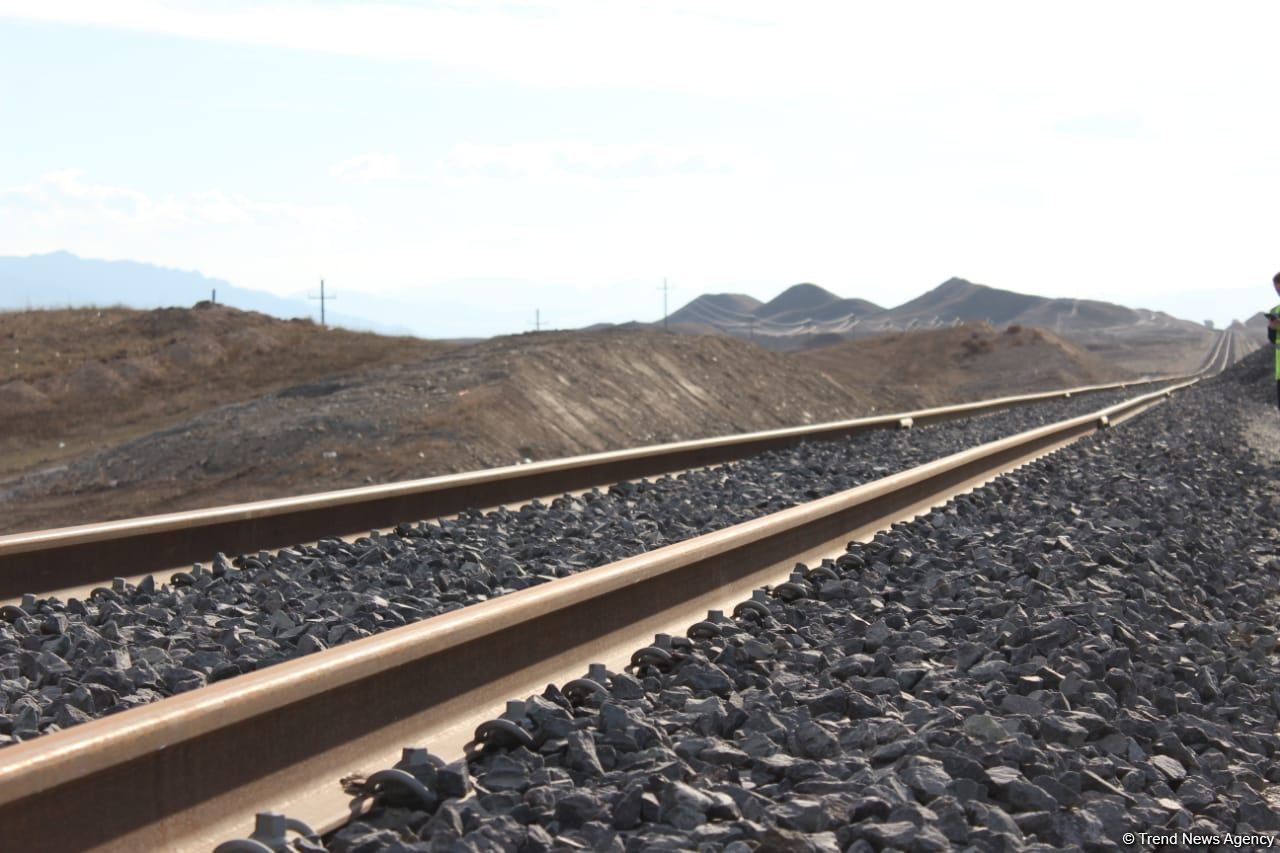











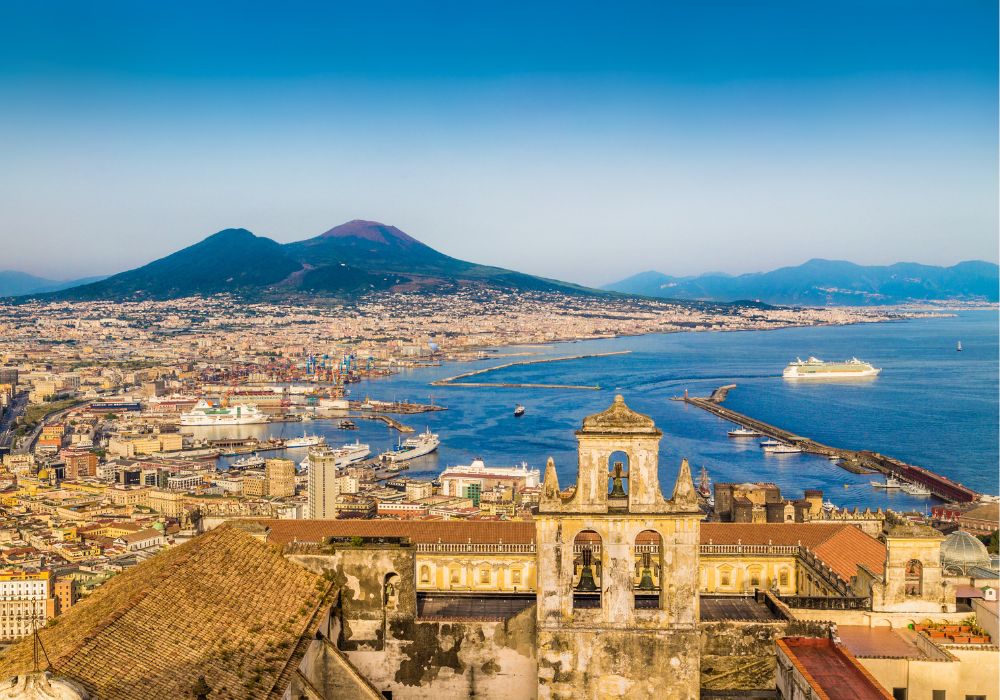
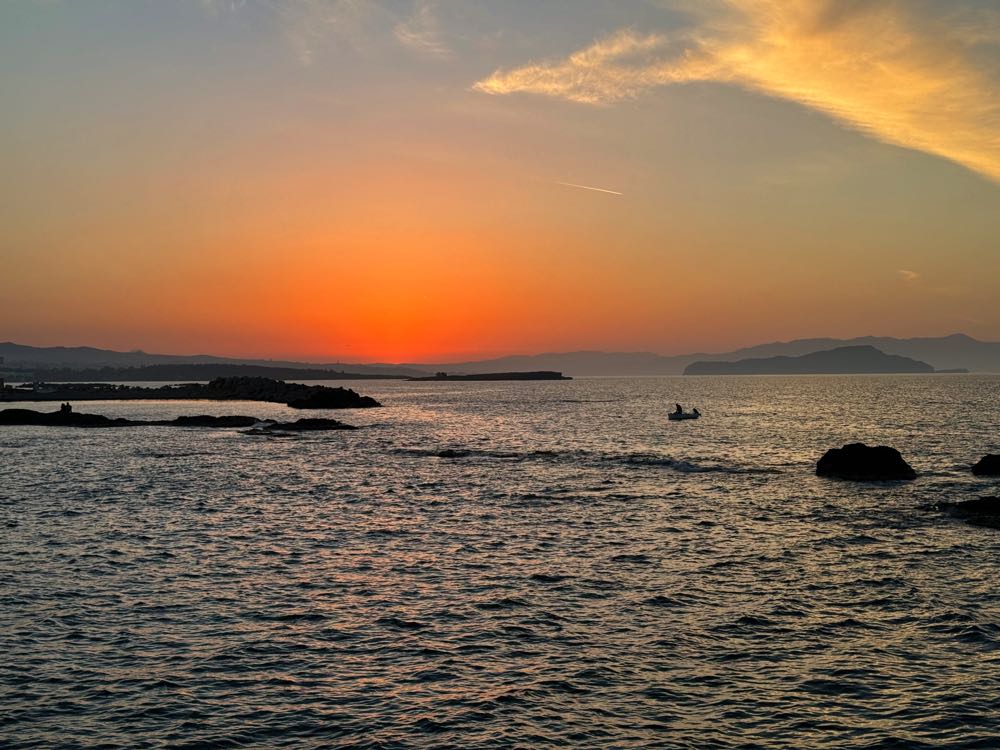

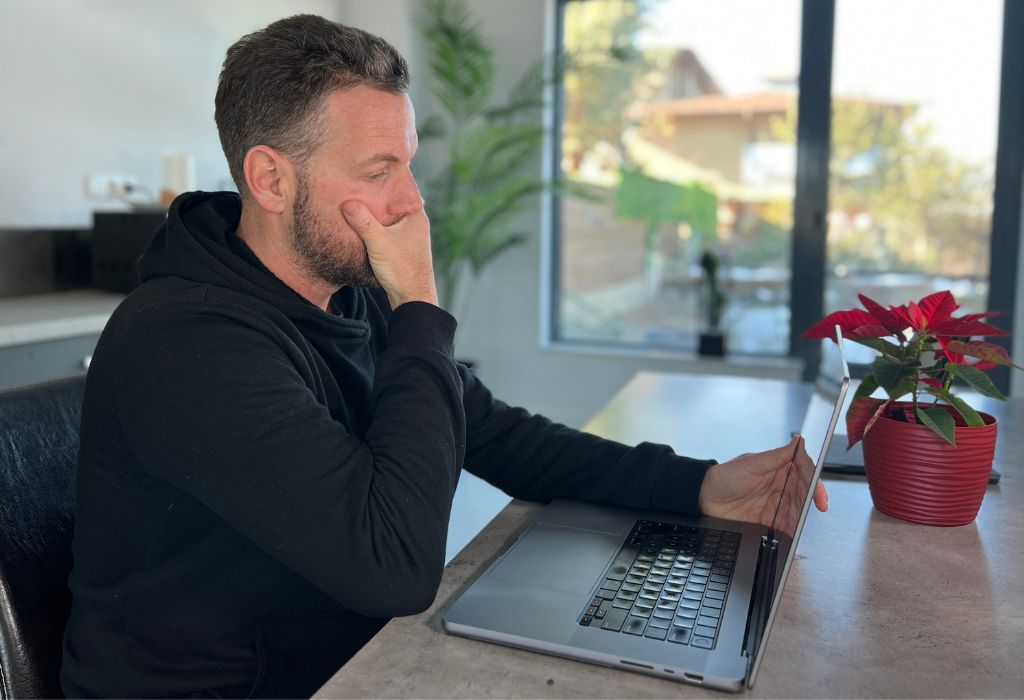
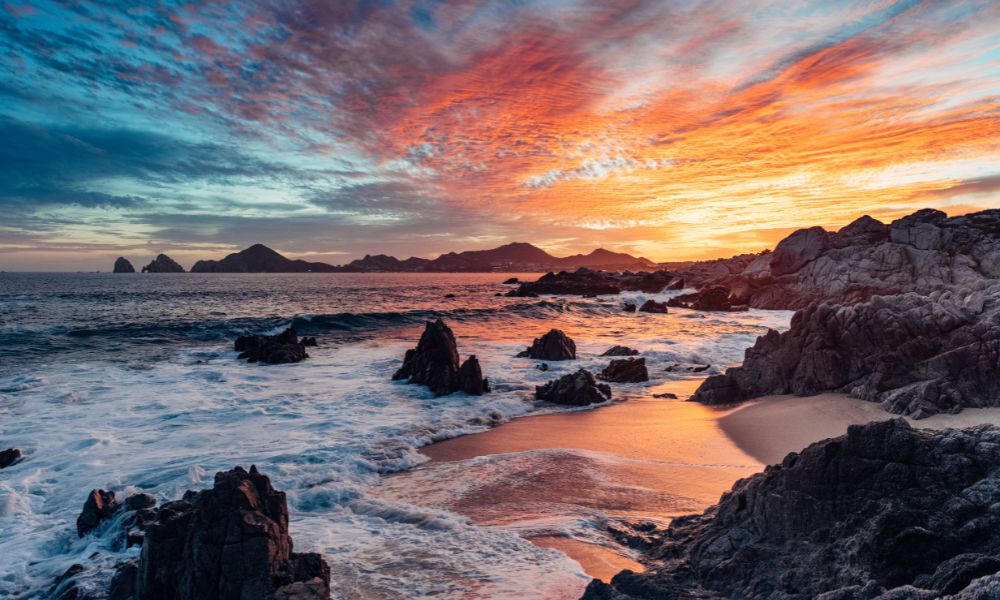


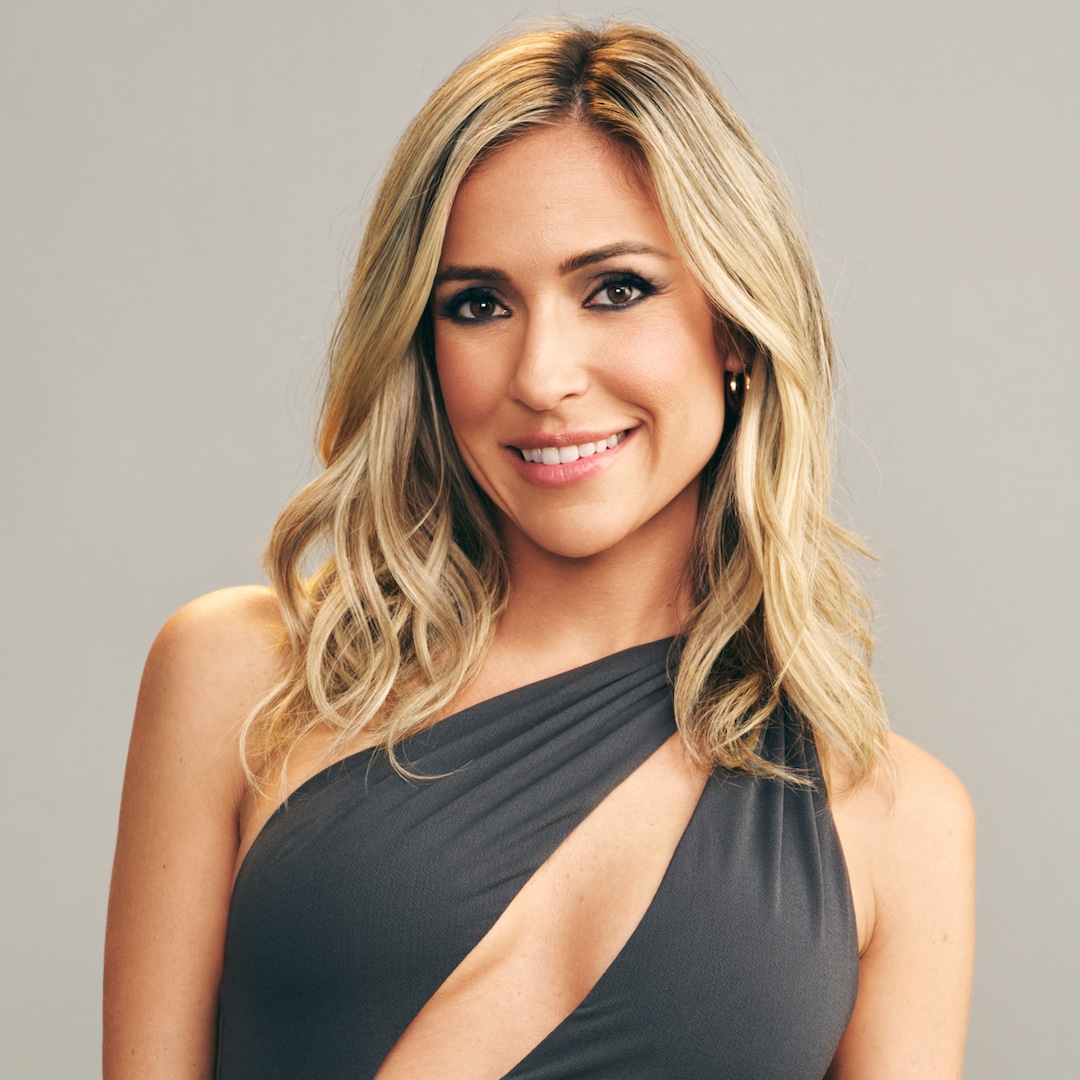
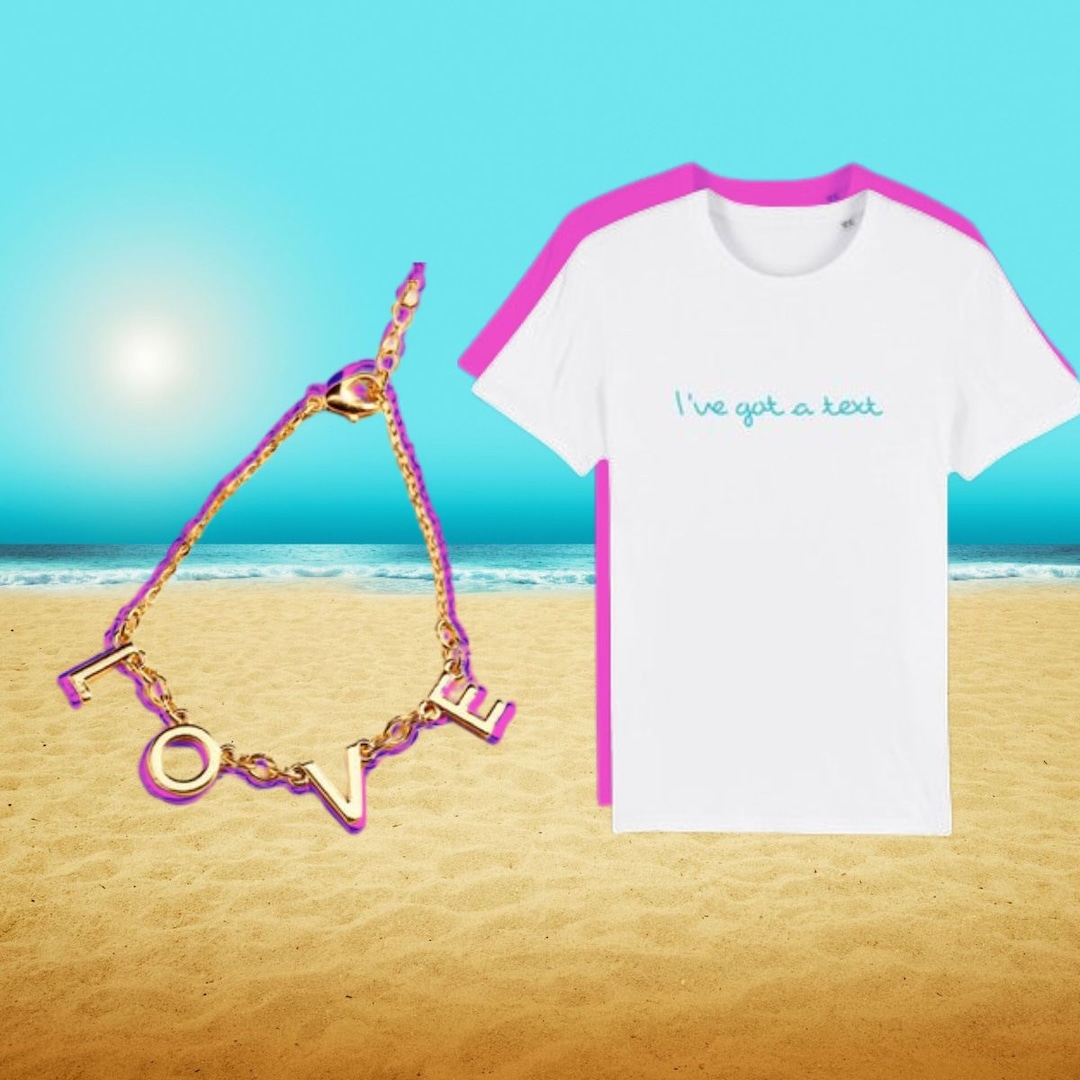

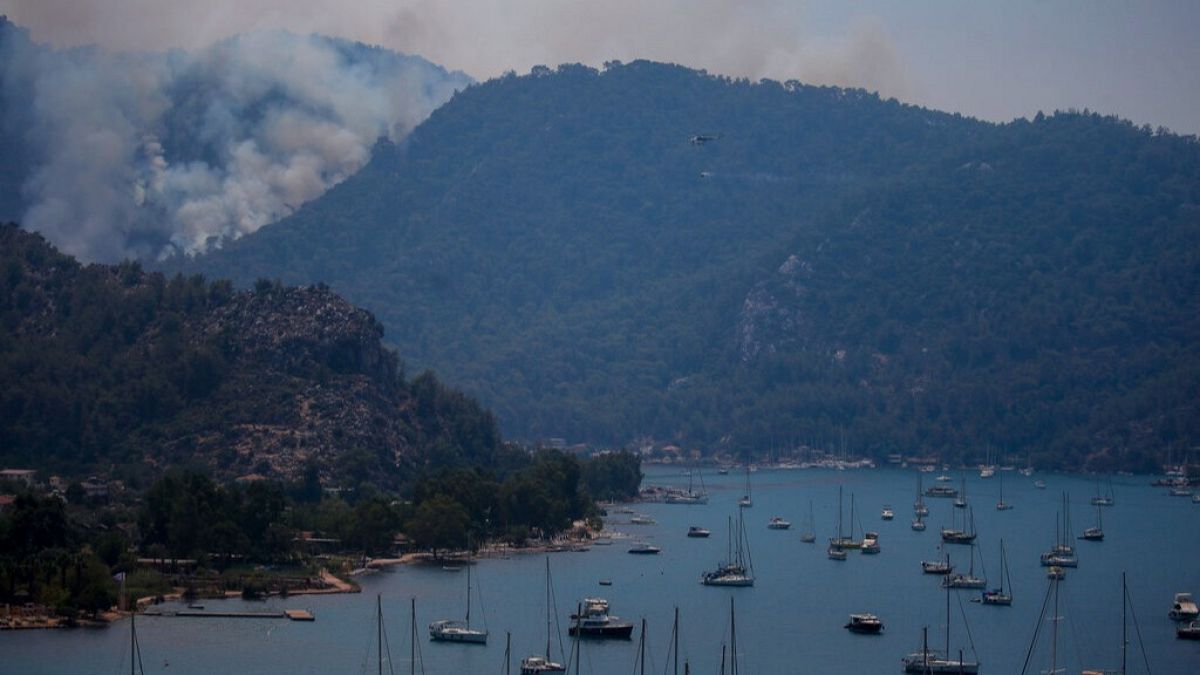
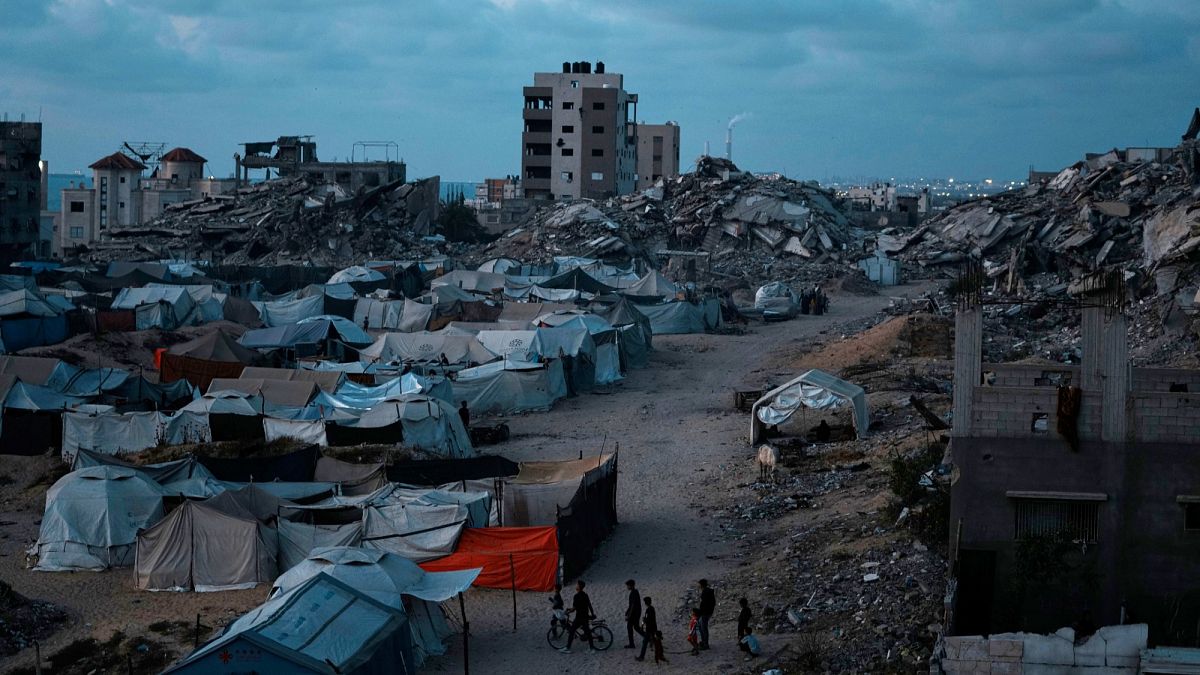
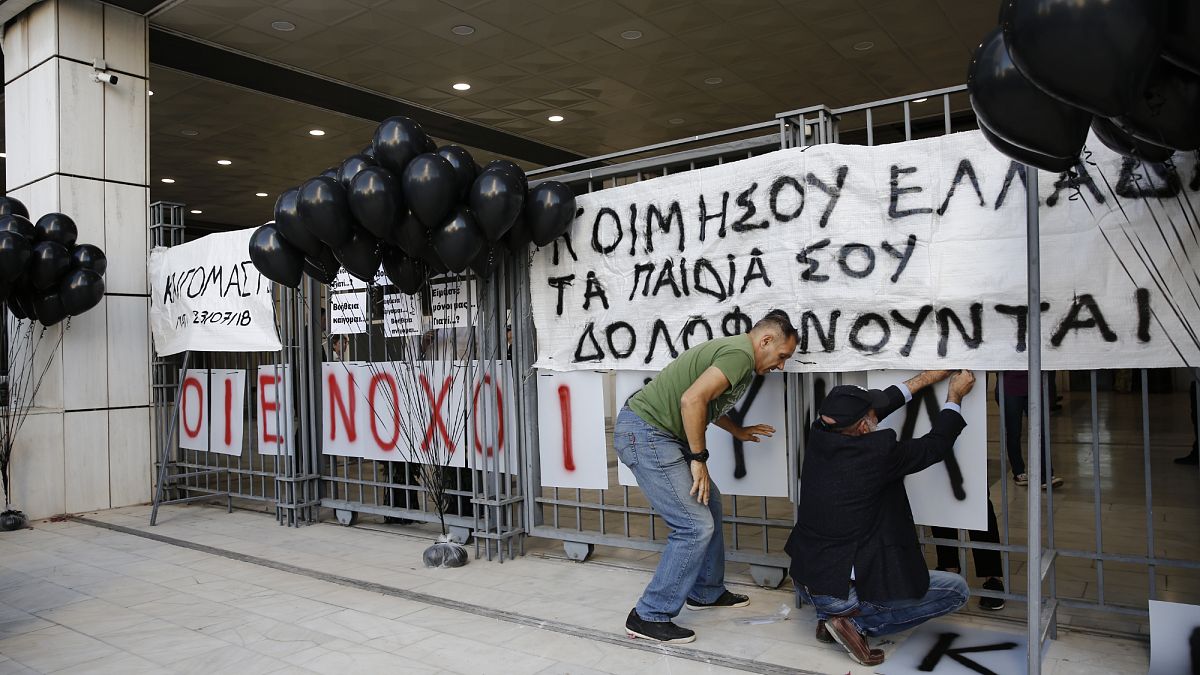





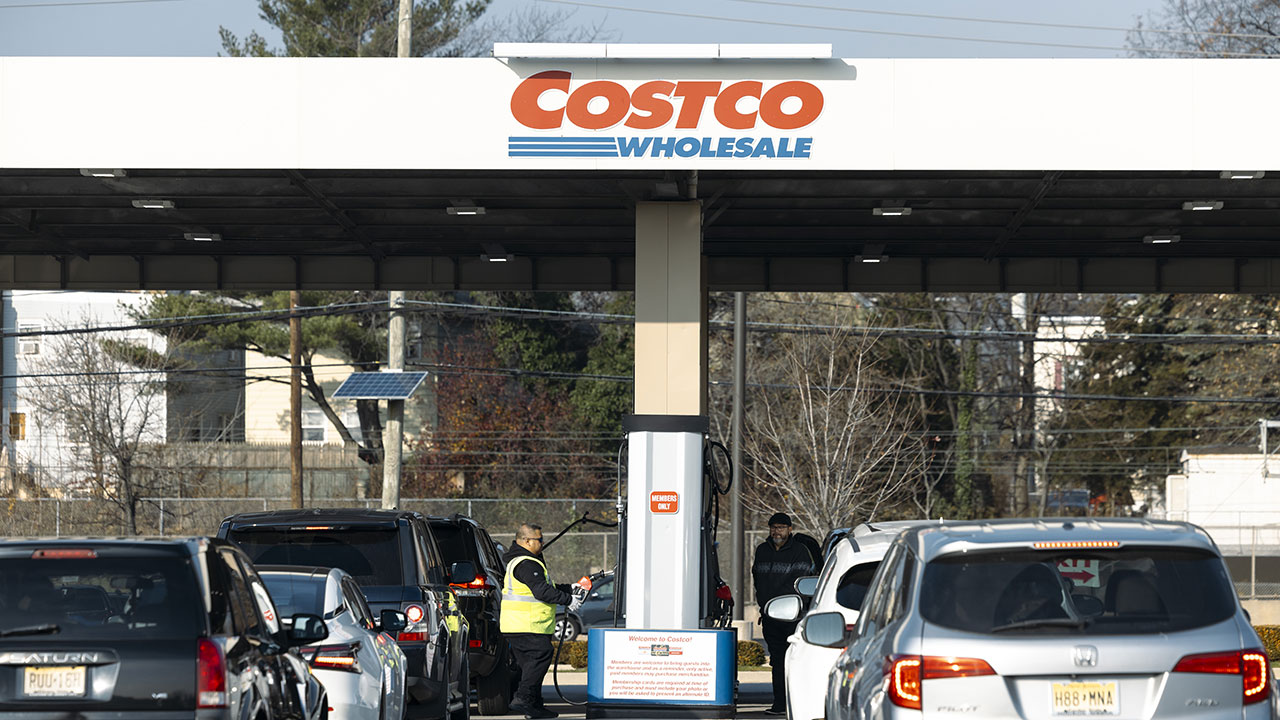

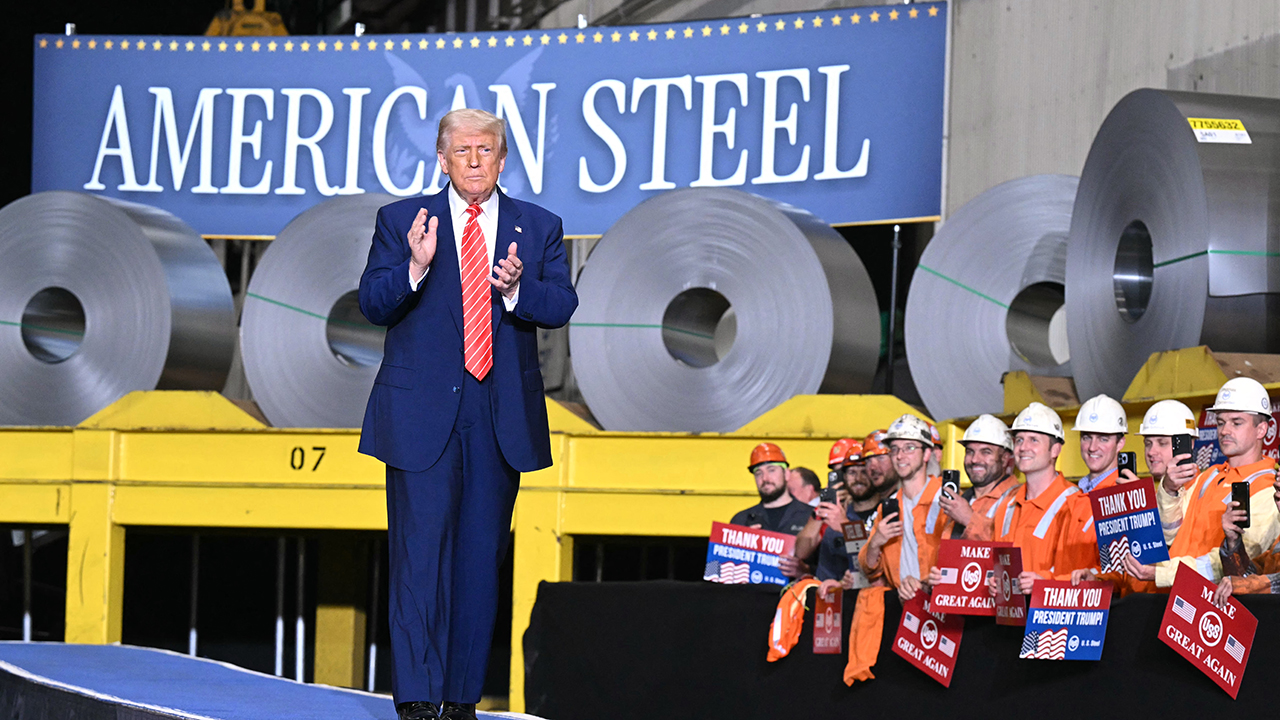
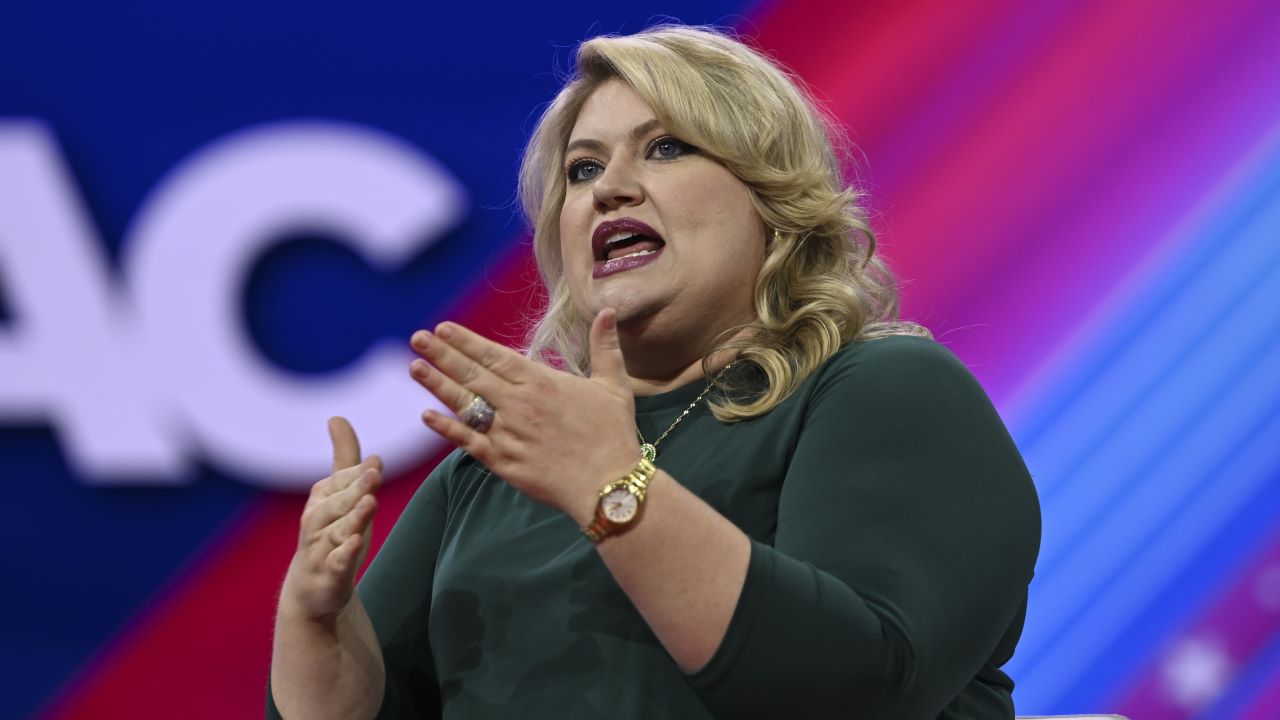
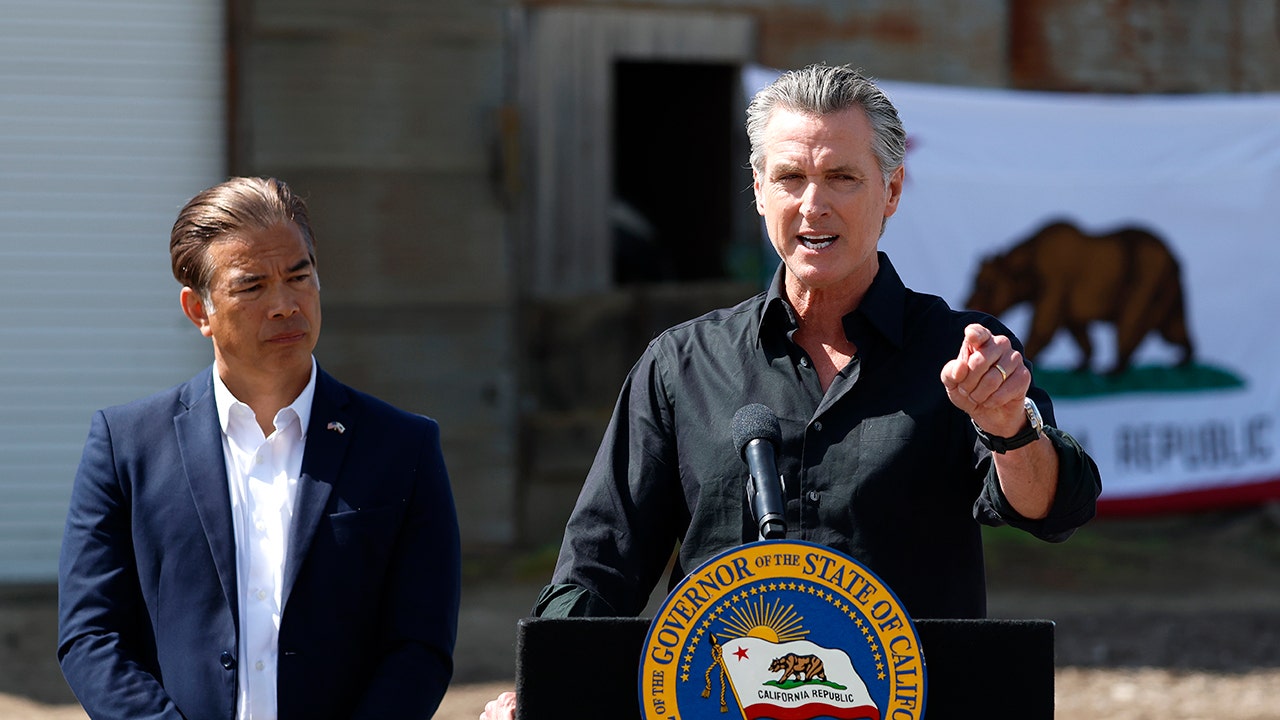


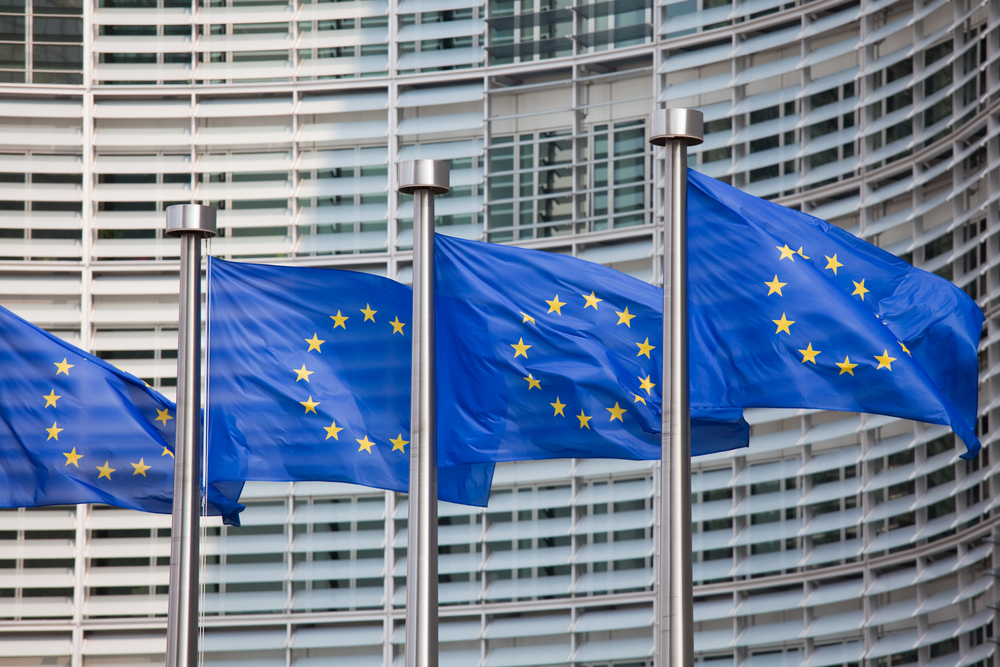
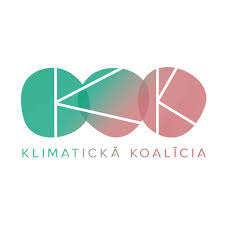
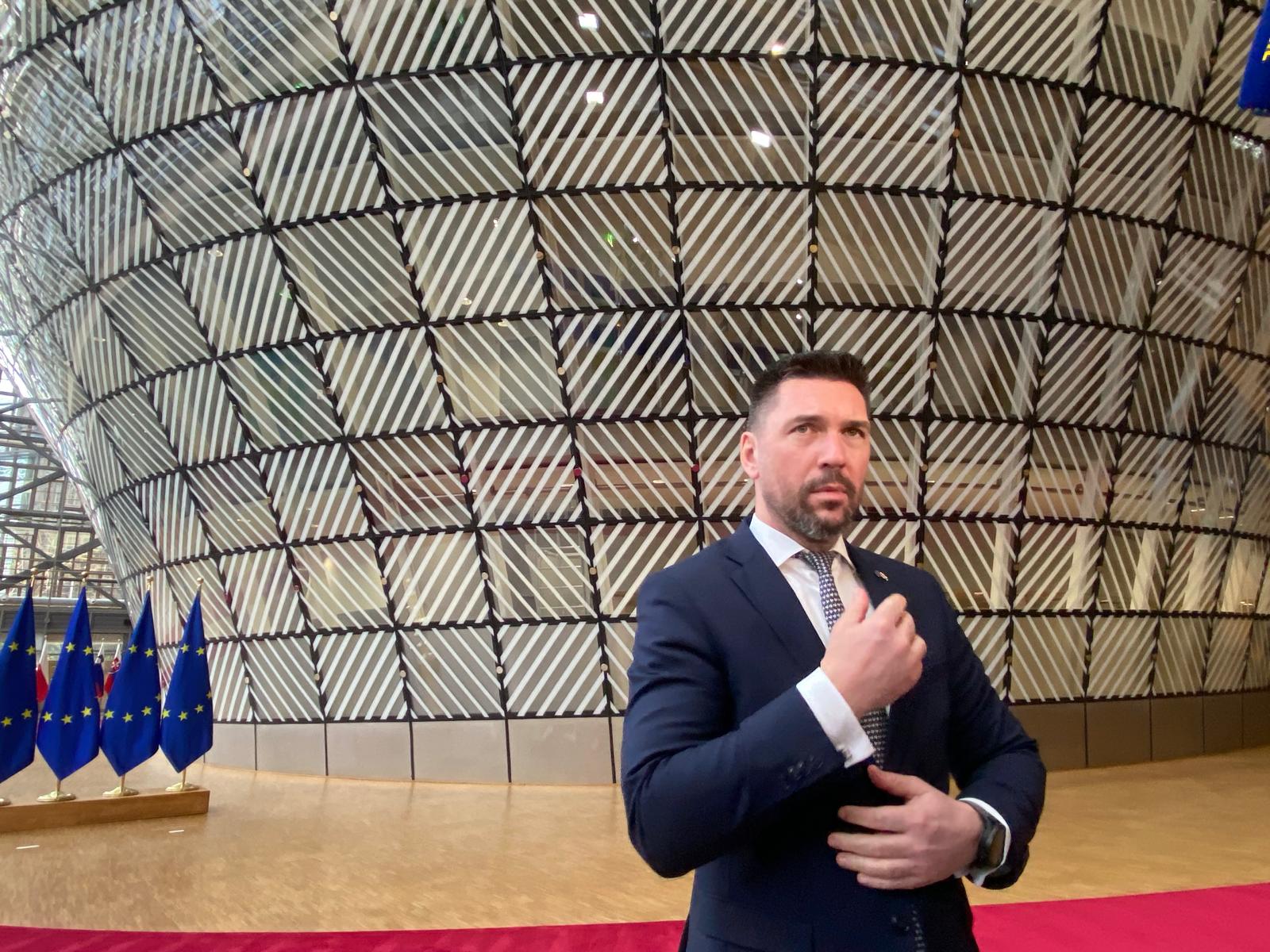
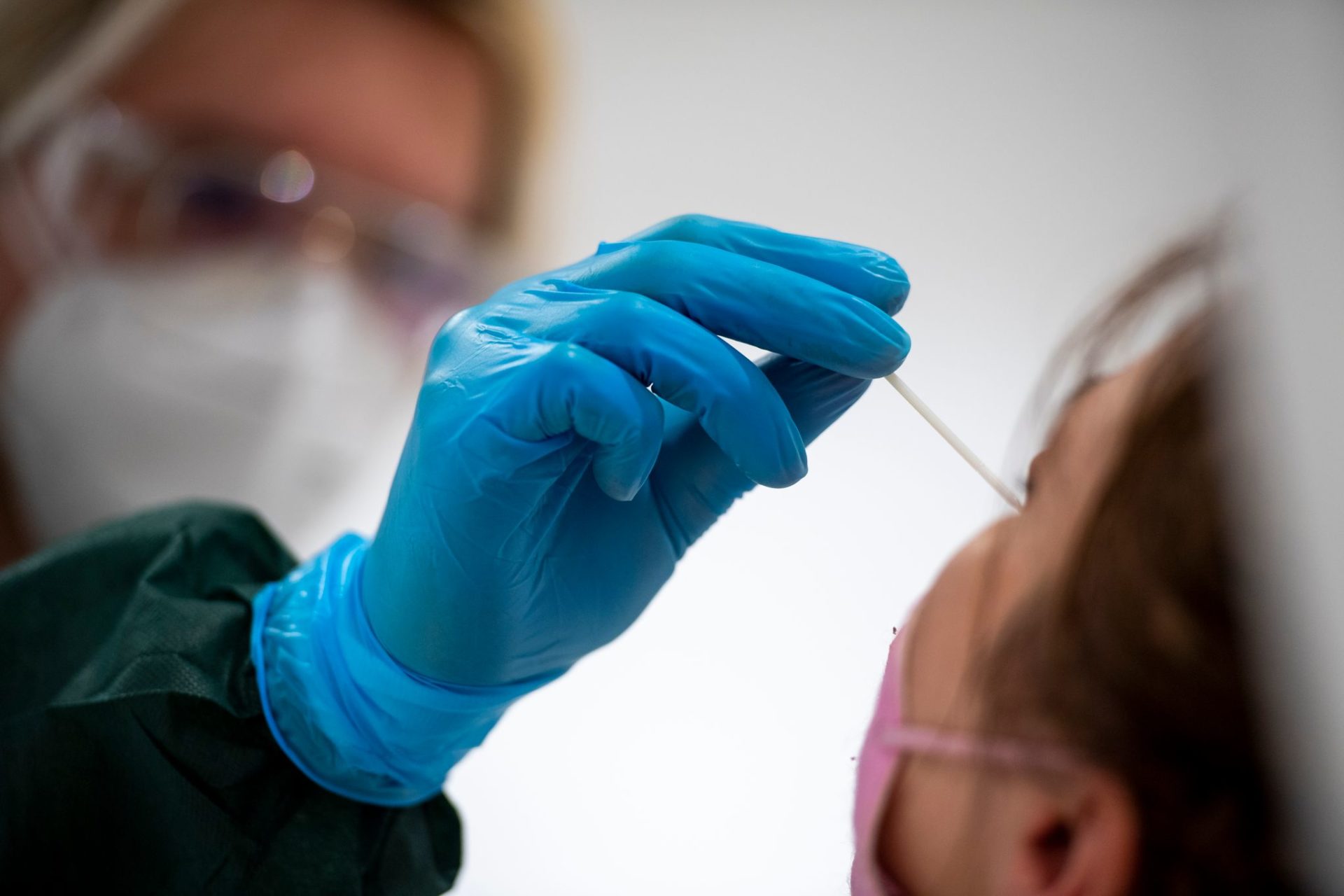

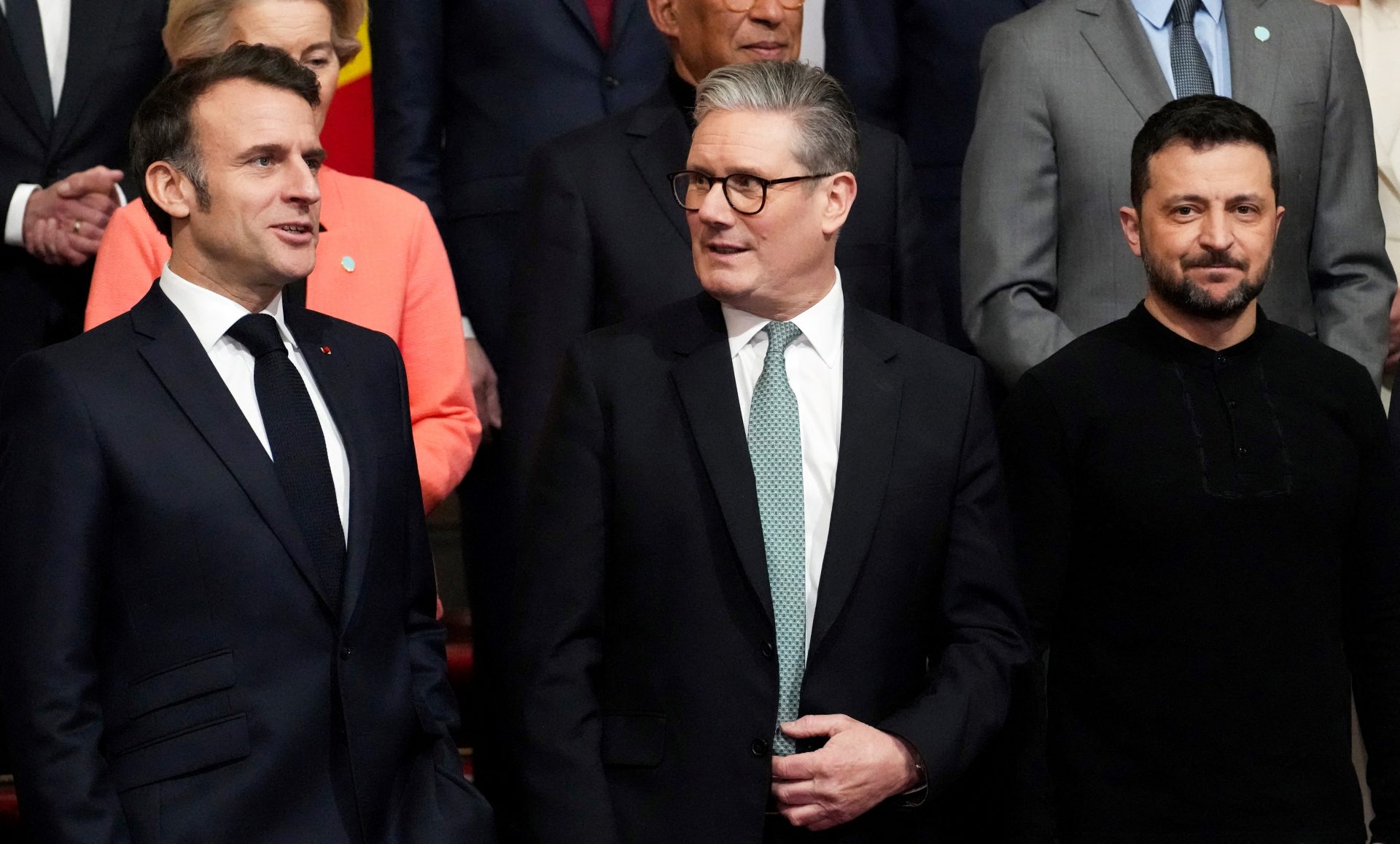


.png?Expires=1838763821&Key-Pair-Id=K2ZIVPTIP2VGHC&Signature=IO0~CT3pU-TcxGc~yoZSmoQx23MZVuK-~4jSii~NKEblRmyO3el7NXPu~Rh1o23voASg7hlcHLw4kvQuDK1jssEhcjoNBBvEpZ~GGOAU6yosBhpHpeF179F~h7i6VxmsBNh9gtTutkoqY73O2YCFey~IAqSzKbBqETP1kP9cAg1916Z1YkJJs-5MliMrkZ5d7-mWGLbpHp2wGj2VlMph8XzYlL4~y1O7fB~JdIS~Rs4RMRs2x0WT1qUIpHAsf3GdwtOyAmKFSpIg8xCyNGZZ5h~13nXlmpd7uPvW8tBfttpG9pFTqcway-uch5WyfHOEfi7UlJCOWrr6fCYY5PMgSg__)







